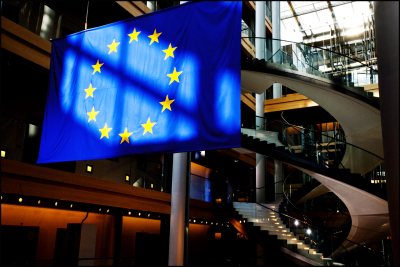Transparency International EU welcomes today’s proposal by President Juncker to extend the “cooling off period” for ex-Commissioners from 18 months to two years, and to three years for former Presidents of the Commission. This represents a step in the right direction after the recent controversies relating to former Commissioners Kroes and Ferrero-Waldner, as well as former President Barroso, but does not go far enough.
“The inadequacy of the Commission’s old ethics rules were plain for all to see and it’s good to see President Juncker recognise this”, said Carl Dolan, Director of Transparency International EU. “But these proposals are just a plaster for a whole ethics regime that is in desperate need of an overhaul, as the response to recent revelations about Commissioner Oettinger show. What is needed now is bold reforms, including a new and completely independent ethics body with real teeth”, concluded Dolan.
The “cooling-off period” should be extended to the three years for all Commissioners, during which time they receive publicly-funded transition allowances. This would bring the Commission into line with best practice nationally and in other EU institutions [1]. The Commission should also make clear that lobbying EU institutions is prohibited for the entire cooling-off period.
Transparency International EU recommends relieving the College of Commissioners from taking ethics decisions on former colleagues. This means increasing the independence of the ad-hoc ethical committee and providing it with decision making powers. In the long run, Transparency International EU advocates for an independent ethics body overseeing revolving door issues in the Commission and Parliament and possibly ethics around lobbying and conflicts of interest around the EU institutions more generally. Similar institution already exist in Canada and France.
The European Parliament will need to give its opinion on the proposed changes and Transparency International EU calls on that institution to make sure that the Commission is setting the best possible example in conflicts of interest regulation.
________
[1] French officials are subject to a three year cooling off period, during which all public officials, members of government and key local authorities are banned from working for organisations, which they were previously responsible for in terms of surveillance or control activities. Former members of the European Court of Justice (ECJ) are prohibited from representing clients or other parties before the Court for a three year period.






